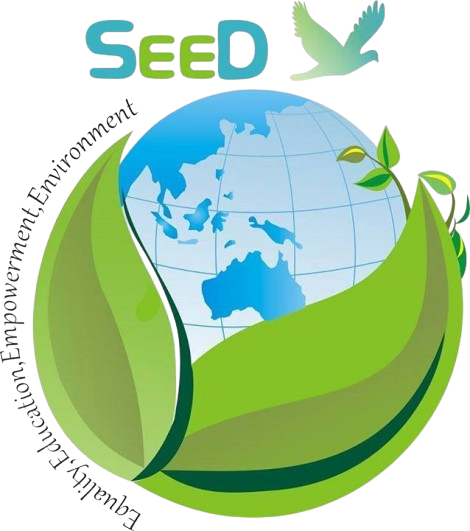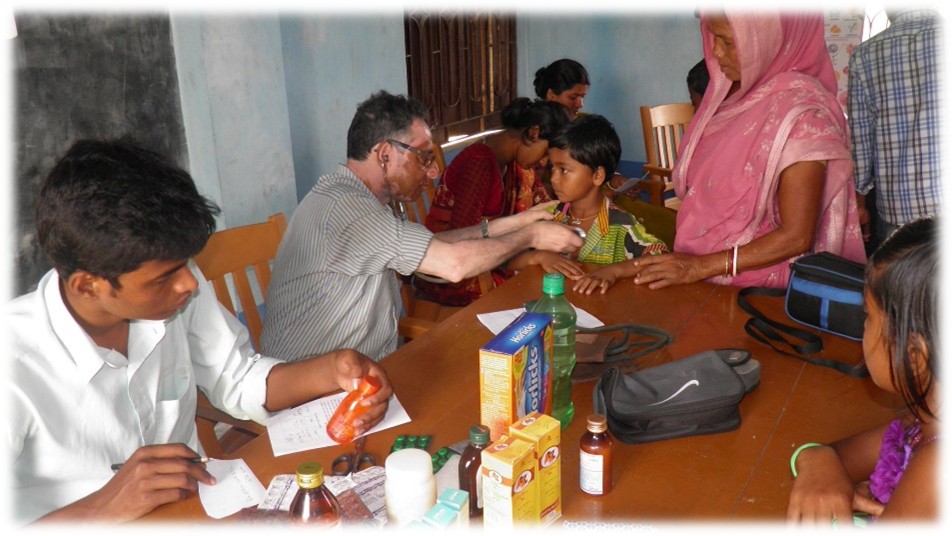






From 2012 to 2015, under the World Bank-supported ICZM initiative, SEED implemented a wide-reaching health intervention in the Sundarbans—an ecologically fragile region frequently exposed to cyclones, flooding, water contamination, and seasonal disease outbreaks. This remote, riverine landscape—marked by limited healthcare infrastructure—posed significant risks for communities reliant on natural resources and subsistence livelihoods
To address these layered health vulnerabilities, SEED conducted over 300 multi-specialty health camps and village-based awareness drives targeting marginalized groups, especially women, children, and the occupationally vulnerable fishing community.



Subscribe to the SEED Newsletter — and be part of the change!